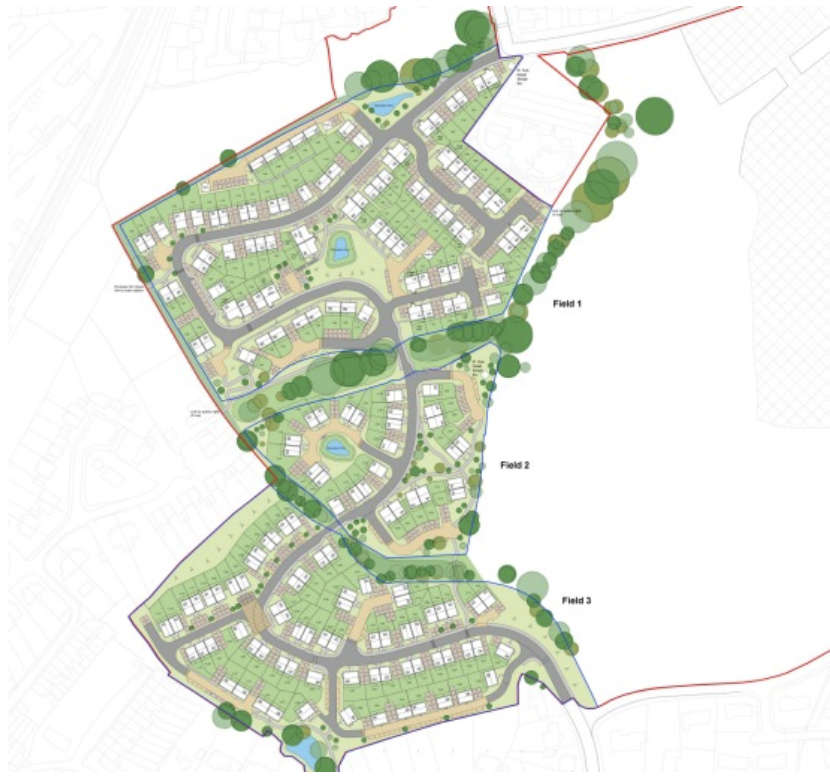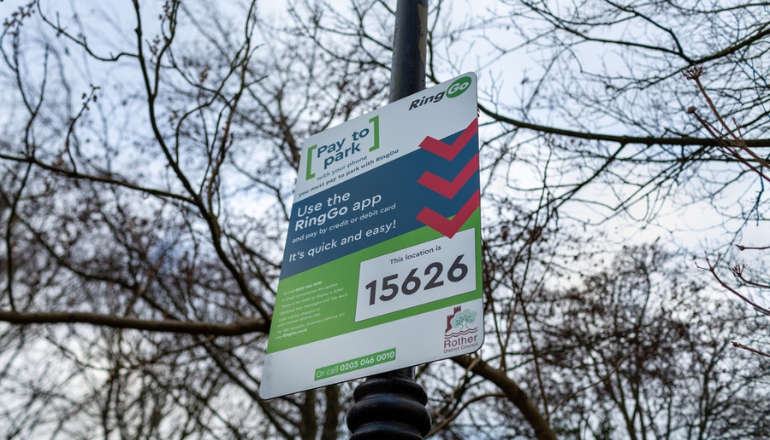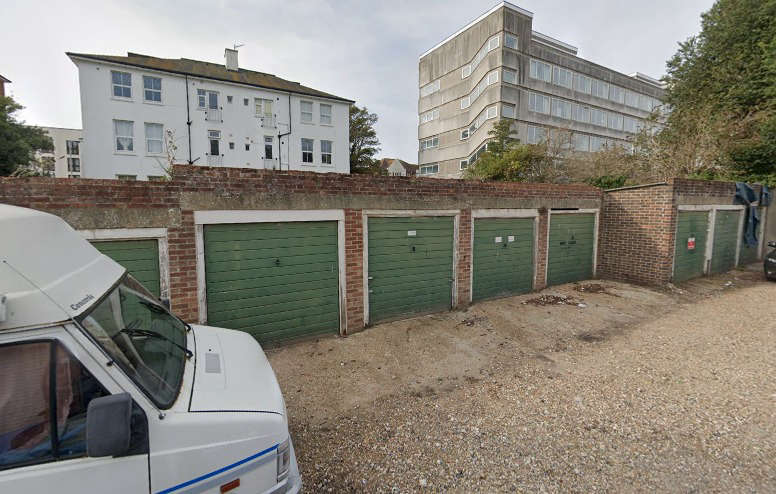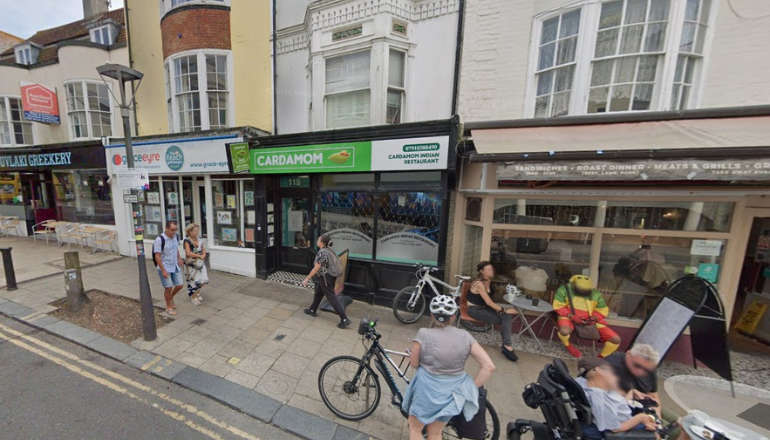
Rother planners have agreed to remove affordable homes from a council-backed housing development.
On Thursday (February 15), Rother District Council’s planning committee agreed to vary conditions attached to the Blackfriars development — a Rother DC Housing Company scheme which is set to see 200 homes built to the east of Battle.
The main change was the removal of affordable housing from the proposals, with the planning committee agreeing the scheme could go ahead without this element.
The removal of affordable housing had come in for criticism from South Battle and Telham ward councillor Vikki Cook (Lib Dem), who said:
“I am very unhappy that the affordable homes have been removed from this application.
“The original permission granted in 2020 provided for 40 per cent affordable housing and as this application is for zero per cent we consider this to be a new application rather than a variance.
“There is considerable need and some urgency for homes of this nature. Our town is filled with young people, including sports groups and organisations, who gravitate back home from university for the unique Battle events.
“They have already contributed much to the community and both want and often need to be home to their families and friends to continue to develop these existing community links and for local work opportunities, particularly in family firms.”
Similar criticisms had been raised by several committee members, although the change to conditions was eventually agreed unanimously. It was noted the change was being introduced with a ‘review mechanism’, which could leave the door open to the affordable housing being brought back at a later date.
The scheme had initially been expected to include 130 new affordable homes. But, as previously reported in November, the housing company says this is no longer possible due to delays and rising costs.
In a report to cabinet members at the time, officers described the removal of affordable housing as the ‘best worst-case scenario’ and warned the project would remain at financial risk even as a 100 per cent market housing scheme.
The position reached is partly because the project is being delivered through the Rother DC Housing Company. While wholly-owned by the council, the way such a company functions means the scheme must at the very least break even. Not doing so could risk the loss of business loans needed for the scheme to proceed, cabinet members were told.
The committee also agreed a number of other changes to the scheme. These include changes to the types of properties to be built out, with fewer maisonettes and flats to be replaced with more houses. This will not translate into any change to the overall number of homes proposed, however.
Planning committee members also approve the removal of Passivhaus and earth-sheltered homes — both types of properties with very high levels of energy-efficiency — from the development proposals.
A report to the committee said the removal of these units will come alongside overall energy efficiency improvements to properties across the site.
The other changes had been more minor, amounting to general alterations to the layout of the site.
For further information see application reference RR/2023/1487/P on the Rother District Council website.


 Free Open-Air Painting Exhibition Coming To Chichester
Free Open-Air Painting Exhibition Coming To Chichester
 Man Jailed For Rape And Sexual Abuse Of Young Girl In Crowborough
Man Jailed For Rape And Sexual Abuse Of Young Girl In Crowborough
 Man Sentenced For Assault Of Ambulance Worker
Man Sentenced For Assault Of Ambulance Worker
 Council Leaders Drop New Car Park Fee Plans
Council Leaders Drop New Car Park Fee Plans
 More West Sussex Schools And Other Buildings To Benefit From Solar Power
More West Sussex Schools And Other Buildings To Benefit From Solar Power
 Alternative Proposals Put Forward For Eastbourne Homes
Alternative Proposals Put Forward For Eastbourne Homes
 Licensing Chiefs Lose Confidence In Restaurant Owner
Licensing Chiefs Lose Confidence In Restaurant Owner
 Man Pleads Guilty To Kidnapping Woman In Hove
Man Pleads Guilty To Kidnapping Woman In Hove
 Appeal After Man Robbed At Park In Newick
Appeal After Man Robbed At Park In Newick
 Man Pleads Guilty To Eastbourne Theatre Burglary
Man Pleads Guilty To Eastbourne Theatre Burglary